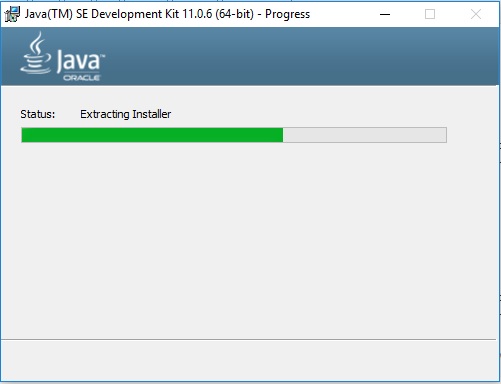
It also could be used for short-lived jobs. Epsilon’s use cases include testing for performance, memory pressure, and the virtual machine interface. The Epsilon garbage collector, billed as a “no-op” collector, will handle memory allocation without implementing any actual memory reclamation mechanisms.This reduces complexity and maximizes the possibility of reuse between HTTP/1 and HTTP/2. Data flow now can be more easily traced, from user-level request publishers and response publishers to the underlying socket. The RX Flow concept has been pushed into the implementation, eliminating many custom concepts needed to support HTTP/2. The implementation, now asynchronous, has been almost completely rewritten, after incubating in JDKs 9 and 10. The API offers nonblocking request and response semantics through CompleteableFutures, which can be linked to trigger dependent actions. HTTP Client (Standard), which standardizes the incubated HTTP API client introduced in JDK 9 and updated in JDK 10.Oracle has found Nashorn challenging to maintain, given the rapid pace at which ECMAScript language constructs and APIs have been adapted and modified. Deprecation of the Nashorn JavaScript engine, along with the JJS tool, with the intent to remove them in the future.Applications can turn this mode off or on as desired. To minimize risks of incompatibility, TLS 1.3 will implement backward-compatibility mode by default.

There is no goal, however, to support every feature of TLS 1.3. Transport Layer Security (TLS) 1.3, in which this overhaul of the TLS protocol will be fitted into JDK 11, offering significant security and performance benefits.
#Java jdk se 11 code
Nests allow classes that are logically part of the same code entity but are compiled to distinct class files to access each other’s private members without needing compilers to insert accessibility-broadening bridge methods.
#Java jdk se 11 download
You can download JDK 11 from the Oracle Technology Network. Interim releases will come every six months. New LTS releases are due every three years, with JDK 17, due in 2021, slated to be the next LTS release.

Bug fixes and security updates will be offered through 2026. The latest version of Oracle’s implementation of standard Java is a Long Term Support (LTS) release, which will have commercial support from Oracle for at least eight years.


 0 kommentar(er)
0 kommentar(er)
